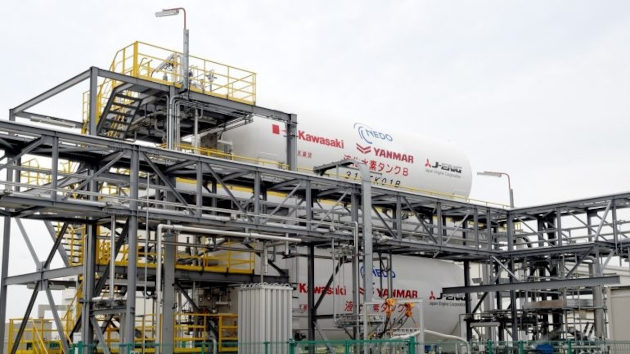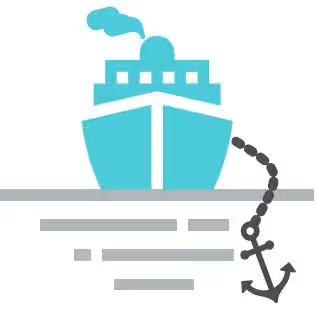Kawasaki and Yanmar Conduct World’s First Land-Based Operation of Marine Hydrogen Engines
A consortium made up of Kawasaki Heavy Industries, Yanmar Power Solutions, and Japan Engine Corporation has conducted what it claims to be the world’s first land-based operation of marine hydrogen engines.
The demonstration occurred at Japan Engine’s headquarters, utilizing a new liquefied hydrogen fuel supply system. Results from the demonstration showed that Kawasaki and Yanmar successfully achieved stable hydrogen combustion in medium-speed four-stroke engines at rated output.

Source: Yanmar Holdings Co., Ltd
After completing the land-based demonstrations, the companies intend to collaborate with shipowners and shipyards on onboard trials aimed at future commercial use. This initiative is part of the Green Innovation Fund Projects / “Next-Generation Ship Development” program, overseen by the New Energy and Industrial Technology Development Organization (NEDO).
The project, called “Development of Marine Hydrogen Engine and MHFS,” is designed to support efforts to reduce emissions in maritime transport. Kawasaki provided a liquefied hydrogen fuel system that can store and gasify liquid hydrogen for delivery to engines at both high and low pressure.
This system enables evaluation across various engine types, including low-speed two-stroke main propulsion engines, four-stroke auxiliary engines, and four-stroke generator engines for electric propulsion. Japan Engine is currently developing a low-speed two-stroke hydrogen engine, set for operational evaluation in spring 2026.
The dual-fuel system installed in all three engine types permits operation on either hydrogen or diesel, facilitating greenhouse gas emission reductions while maintaining operational flexibility for vessel operators.
The Japanese government has established the Green Innovation Fund with resources totaling ¥2 trillion through the Ministry of Economy, Trade and Industry (METI), with the goal of achieving carbon neutrality by 2050. NEDO has continued to provide financial backing through additional budget allocations of ¥300 billion in fiscal year 2022 and ¥456,4 billion in fiscal year 2023.
In April of this year, Yanmar Power Technology, a subsidiary of Yanmar Holdings, received Approval in Principle (AiP) from DNV, a Norwegian classification society, for its GH320FC maritime hydrogen fuel cell system.

